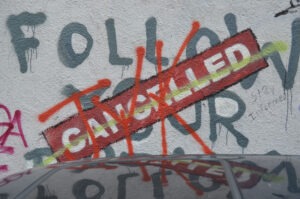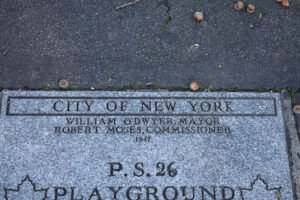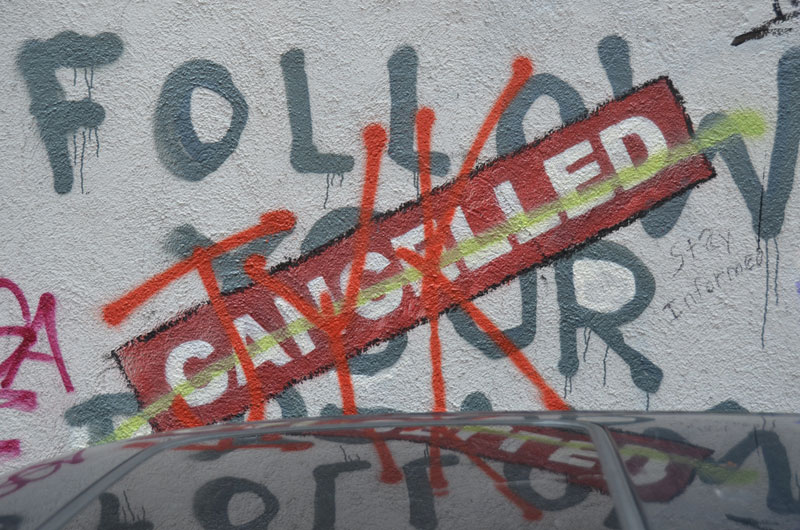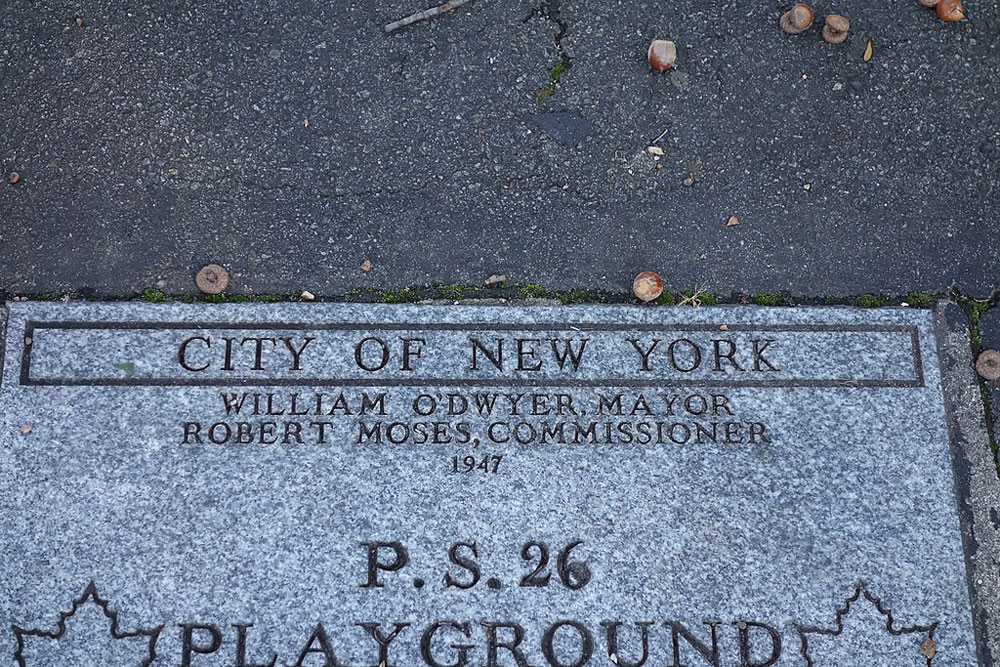April 8, 2015; KVLY-TV (Red River Valley, ND)
Freedom of speech applies to both popular and unpopular opinions. Perhaps even more disconcerting for some people, according to the Supreme Court, it even extends to high school kids.
Two students of the Fargo Public School District in North Dakota are taking their district to task after their respective high schools refused to let the students start an anti-abortion club in the district.
The Thomas More Society, a Chicago-based nonprofit public interest law firm, issued a letter to the school district on behalf of the two students, sophomores Brigid O’Keefe of Fargo North High School and Katie McPherson of Davies High School, along with Students for Life of America, a pro-life advocacy organization.
According to the letter, the firm charges the school district for unlawfully discriminating against the students’ constitutional right to form a pro-life club under the First Amendment and the Federal Equal Access Act (EAA), which compels schools to allow provide equal access to extracurricular clubs, even those that have a religious or political focus. Under this act, a school would not be able to treat a pro-life club any differently than any other club, like the school newspaper, debate team, or sports team.
SCOTUS has also established standards to judge whether censorship by public schools is justified. Both Hazelwood School District v. Kuhlmeier (1987) and Tinker v. Des Moines Independent School District(1969) established rules permitting such expression and prohibiting administrators from silencing students. Administrators need reasonable cause to anticipate that certain speech will disrupt school activity or invade other students’ rights, rather than just silence speech they disagree with.
Sign up for our free newsletters
Subscribe to NPQ's newsletters to have our top stories delivered directly to your inbox.
By signing up, you agree to our privacy policy and terms of use, and to receive messages from NPQ and our partners.
“Denying high school students the opportunity to start a club because it promotes the pro-life message is outright discrimination,” said Kristan Hawkins, president of Students for Life of America. “Since administrators have refused to allow students at Fargo North or Davies to start their pro-life clubs and educate their peers on the tragedy of abortion, Brigid, Katie, and their pro-life classmates had to seek assistance from attorneys at Thomas More Society to get their clubs off the ground.”
According to the Thomas More Society, McPherson first approached the school to start a pro-life club back in September of last year, but the administration refused to approve an application for a meeting room. Similarly, O’Keefe found an advisor this past February. In response to O’Keefe’s application, the administration put her and several other prospective club members through an extensive questioning process, inquiring into their religious beliefs before rejecting the application. After the students appealed the rejection, the high school sent the decision to the district to decide on both club proposals.
According to the firm’s letter, the school district made the decision to classify the club as an “outside agency,” meaning that unlike an official school club, the group would not be able to hold events, use the school’s name, or put up posters as announcements. Effectively, this application of the policy muzzled the pro-life group. However, this policy appears to be a means of regulating advertising by private businesses within schools. The clubs had not applied as private businesses, nor had they the purpose of soliciting other students.
“This is a clear misapplication of a policy that was never intended to limit students’ speech on significant human rights issues facing their generation,” said Jocelyn Floyd, an attorney at the Thomas More Society.
It’s unclear how the approval process employed in this situation compares to what any other club would undergo to be approved by the school. According to O’Keefe, when she had tried to start a book club last fall, she remembers a very different and easier approval process. However, the firm’s letter indicates that delaying a club’s application during any questioning process could be considered a violation of the EAA.
In response to the letter and the allegations of discrimination, District Superintendent Jeff Schatz has said, “The District takes the assertions made in the letter seriously. The letter has been submitted to the District’s attorney for review. Once the District’s attorney has fully reviewed the matter, the District will be in the position to respond to the assertions in the letter.”—Shafaq Hasan











